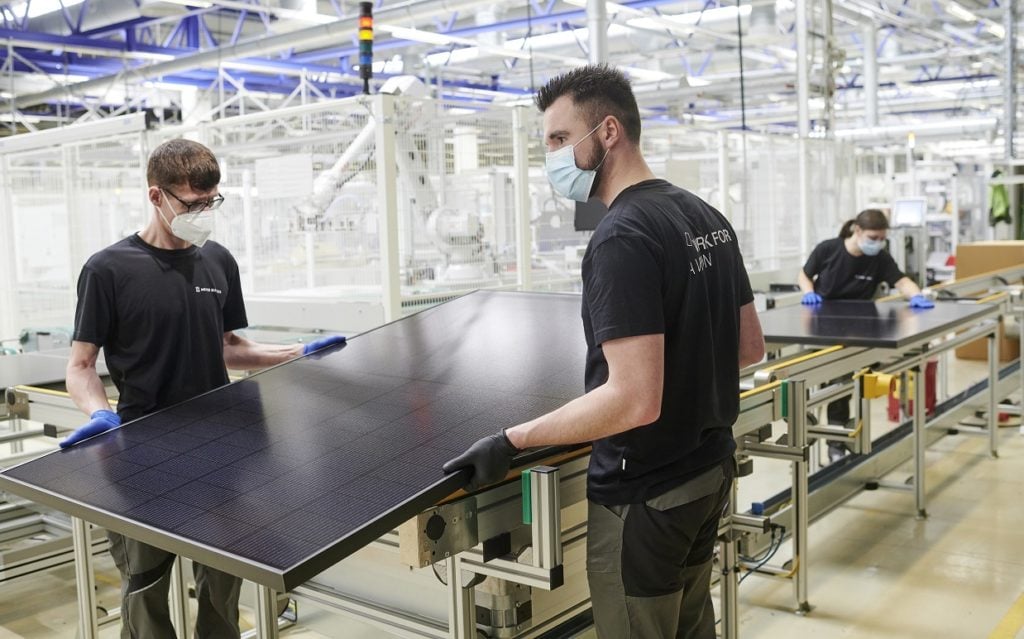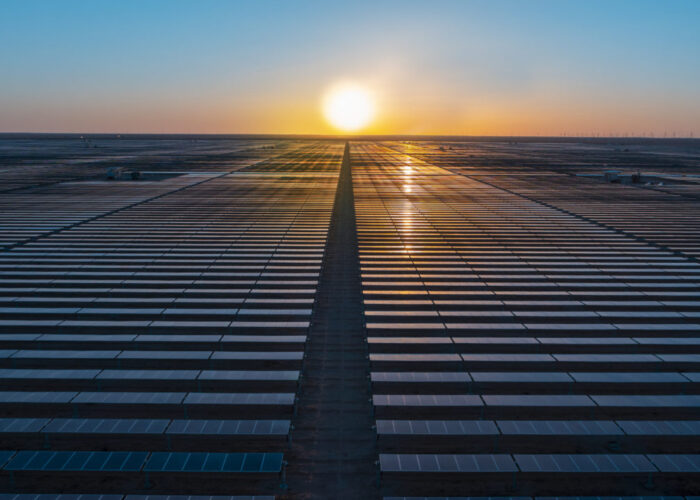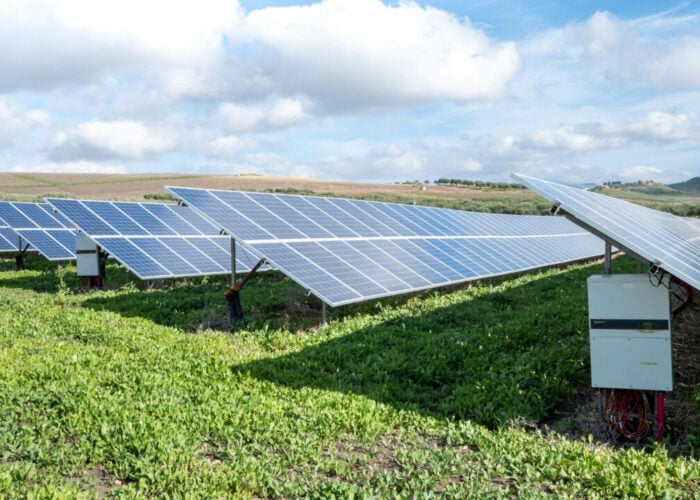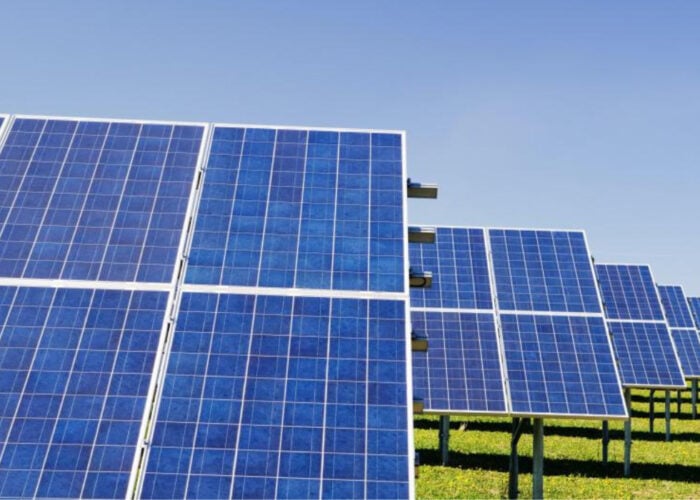
The European Commission should introduce a specific “Made in Europe” requirement to its Net Zero Industry Act (NZIA), according to the European Solar Manufacturing Council (ESMC).
Responding to a leaked draft of the Clean Industrial Deal (CID), the ESMC trade group, which represents European solar manufacturers, was supportive of the draft’s plans to introduce local content requirements and so-called “resilience” criteria for public solar capacity auctions but called for the NZIA – the dedicated legislation to support clean energy manufacturing – to follow suit.
Unlock unlimited access for 12 whole months of distinctive global analysis
Photovoltaics International is now included.
- Regular insight and analysis of the industry’s biggest developments
- In-depth interviews with the industry’s leading figures
- Unlimited digital access to the PV Tech Power journal catalogue
- Unlimited digital access to the Photovoltaics International journal catalogue
- Access to more than 1,000 technical papers
- Discounts on Solar Media’s portfolio of events, in-person and virtual
“European solar manufacturers are under extreme pressure from unfair Chinese competition, said Christoph Podewils, secretary general of the ESMC.
“That’s why it should be a matter of course that when European Member States use public funds, they should invest in high-quality European clean technology products – such as solar – and not in Chinese products.
“We strongly welcome the EU’s proposal for local content criteria in public procurement and renewable energy auction schemes. But EU legislation needs to be streamlined along these lines. A ‘Made in Europe’ clause should be included in the NZIA’s draft proposals.”
The NZIA includes a target to meet 40% of Europe’s renewable energy demand with EU-made supply by 2030 by encouraging public procurement and auctions to use domestic products.
However, the ESMC said that the legislation in its current form contains “several risks and potential loopholes” which could “undermine these objectives”.
After a lot of lobbying and public calls for support over 2023-24, European solar manufacturing is currently languishing in the shadow of the dominant Chinese – and emerging US and Indian – manufacturing industries.
ESMC called for a “robust Made in Europe clause” which it said would ensure that “European manufacturers benefit from the auctions” under the NZIA, rather than Chinese producers that currently supply most of Europe’s PV products.
In case such a clause is “not feasible”, the ESMC suggested amendments to the NZIA’s current wording on supply diversification and the quotas of solar components which can come from a single country, in an explicit effort to reduce the threat that China’s dominance of the solar supply chain poses to the operations of European manufacturers.
It proposed gradually decreasing the threshold for components which can come from a dominant supply country from the four currently permitted under the NZIA to just two by 2028.
It also called for the definition of third countries – like China – to be expanded to “include entities directly or indirectly controlled by companies based in restricted third countries”.
It said this would prevent “the risk of circumvention through bifurcation”, where Chinese companies establish production capacity in other countries – currently Southeast Asian ones – to gain access to otherwise restricted markets. This fear is similar to the situation which played out in the US around the antidumping and countervailing duty (AD/CVD) tariff case, where the US government accused largely Chinese solar manufacturers of relocating parts of their supply to Southeast Asia to bypass sanctions on Chinese products.
The ESMC’s full recommendations for the NZIA can be found here. It also called for tougher stances on carbon footprint, cybersecurity and labour practices as “pre-qualification criteria” for NZIA auctions. PV Tech Premium explored the trade body SolarPower Europe’s industry-led supply chain transparency scheme, the Solar Stewardship Initiative (SSI), in a feature earlier this month.







